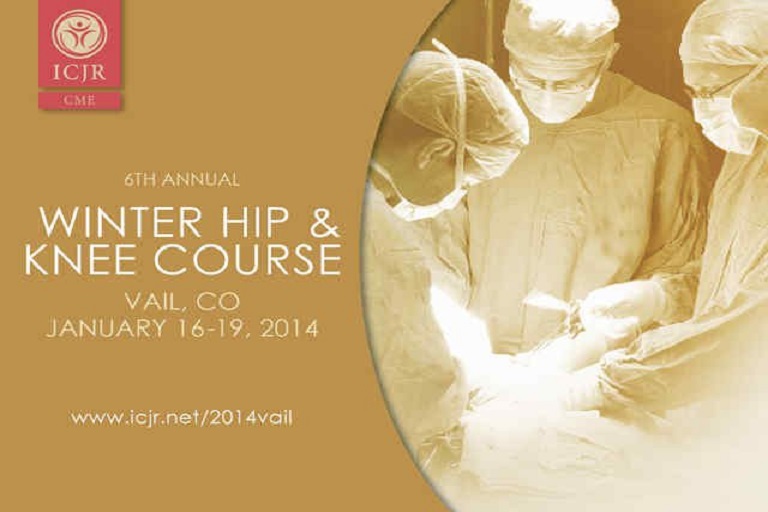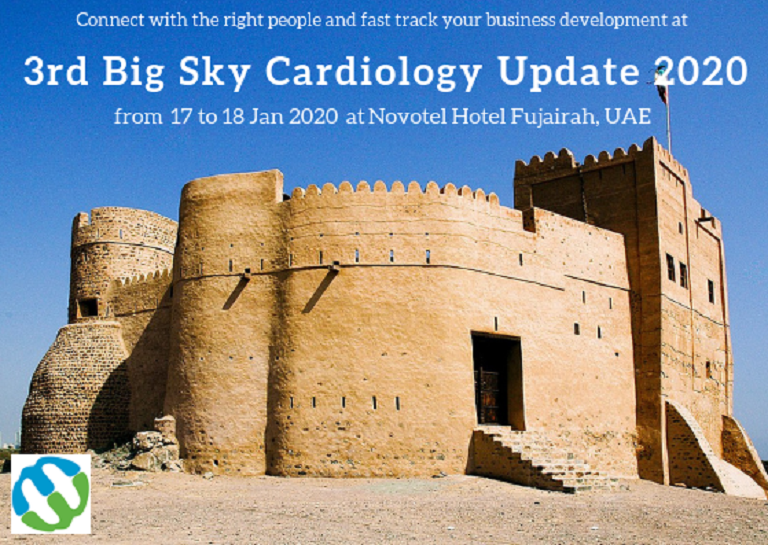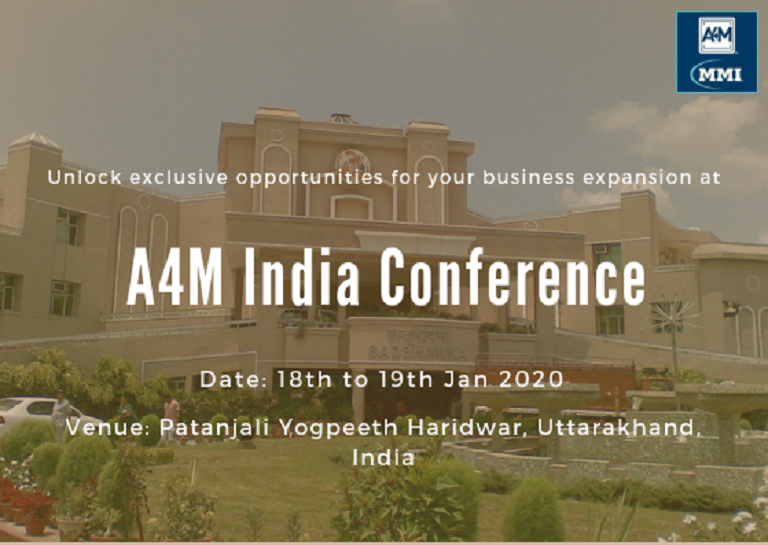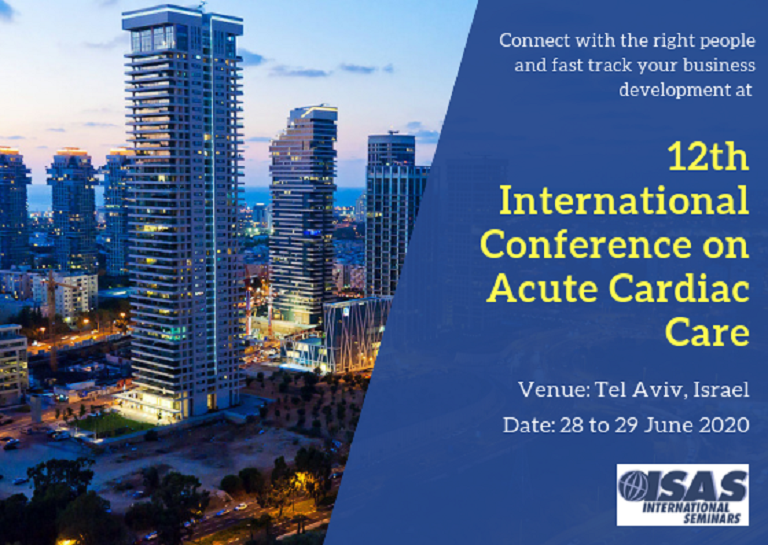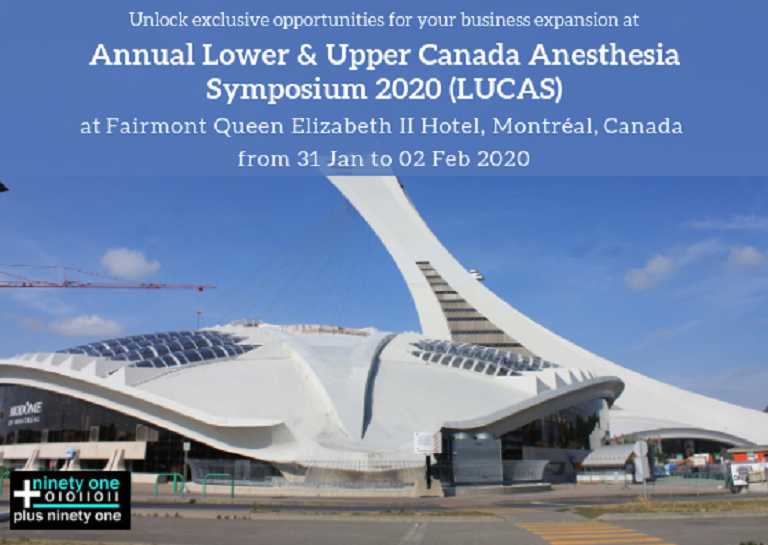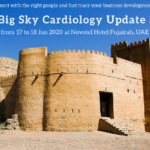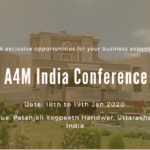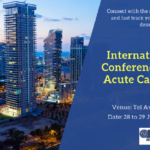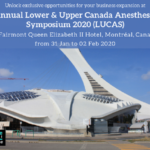By Irv Lichtenwald, Medsphere Systems President and CEO
Last month, New York Times reporter Robert Pear died at age 69 from complications of a stroke. The name was unfamiliar to me, and I guess that’s to be expected, given what I’ve learned of the man since.
Turns out Robert Pear was a thoughtful, unassuming reporter who wanted the accuracy and validity of his work to speak for him. This approach engendered much respect among his peers in the 40 years that he primarily covered healthcare policy.
“Robert was an exacting reporter,” writes Edward Pound in the Health Affairs blog. “He wasn’t interested in the sound of his own voice. He listened, always he listened, the trademark of a great reporter … Robert was easy to be around, easy to work with. You knew you could trust his reporting: no mistakes in his memos, no nonsense, just clear prose. He was, to be sure, a reporting machine.”
I’ve come across similar remembrances in recent weeks from those who knew Pear. To a person, they are both saddened at his departure and concerned about the hole his death leaves in healthcare journalism.
After reviewing several articles, I understand why. Robert Pear performed yeoman’s work in terms of explaining healthcare to citizens. We need more like him, sure, but what his work may better illustrate is that we need a navigable healthcare system in which patients don’t feel so overwhelmed that they completely lose hope.
Look, for example, to an article Pear wrote in January of this year on the Centers for Medicare and Medicaid Services’ proposal to make hospitals publicly post their prices (you’re welcome for the alliteration).
“The list price for a hospital service is like the sticker price for a car. But as it is playing out, it is as if the car dealers were disclosing the price for each auto part, without revealing the charge for the vehicle as a whole. The result has baffled consumers.”
Yes, most if not all consumers will see transparent pricing as a good thing and support CMS. Pear uses an easily understood analogy to explain why that is not what’s happening, regardless of what CMS Administrator Seema Verma says on Twitter. The end result is a better informed but still confused, frustrated and, in the end, no more engaged, citizenry.
I don’t think we can exaggerate this point: An informed but exasperated citizen population loses hope, giving rise to diseases of desperation and shorter life spans.
Pear’s skill is not the only reason colleagues are remembering his life. He was also the practitioner of an art too few people now perform. What shall we call them? I don’t know. Healthcare truth tellers? Healthsplainers? Yes, those are bad, but I hope they still illustrate that Jimmy’s fallen in the well and Lassie is futilely barking at a bunch of drunks at a kegger.
The system is broken, we hear. The system is corrupted, we read. Both are true, given the examples reported on every day. See, for example, articles this past week on a deal Medtronic made with the FDA to keep reports on a malfunctioning cardiac device from the public.
I will argue, however, that the system is both broken and corrupted in part because it is hopelessly complex—that it offers too many “degrees of freedom,” as BizMed founder Margarit Gur-Arie calls it. A complex system is easier to exploit, after all, often without even breaking any laws.
“Health care is complicated because it has so many degrees of freedom, few of which we can reliably identify,” Gur-Alie says. “Some degrees of freedom are yet to be discovered, others look independent, but are not, and vice versa. Furthermore, the boundaries of what we call the health care system are ill-defined and in a perpetual state of flux.”
This is what we get in embracing a hybrid system that goes largely unregulated. The degrees of freedom include the freedom to act in a nakedly self-interested way. Ours is not the only Franken-system, to be sure, but it is the only one that permits individuals and organizations to enrich themselves without effectively defining the bright lines beyond which they cannot go.
Insulin is a grand example of this. The original inventors gave away their patent roughly 100 years ago, thinking something so essential to so many should not be subject to markets. Modern pharmaceutical companies made some valuable improvements, but those can hardly justify the 13x price hike by Eli Lilly for one insulin product between 2009 and 2017, causing former Acting CMS Administrator Andy Slavitt to go “full socialist” and suggest nationalizing insulin production.
I am not excluding my own industry from culpability regarding both added complexity and costs. Healthcare IT has, in many ways, complicated physicians’ lives and, for many organizations, added significant costs. While technology has the potential to both ease complexity and help manage costs, until it realizes both goals, I see no reason to mortgage the future when affordable, comprehensive healthcare IT alternatives exist.
Of course, Pear left behind many who continue to tell the truth about healthcare and even offer viable alternatives. Gur-Alie, for example, after years covering the industry suggests both strategic moves and even reasons for hope.
“If we keep it simple, and if we are careful when detaching little pieces from the tangled mess that is our health care system, we should be fine,” she says.
Perhaps, but it won’t be because Congress came up with another fix, which generally just adds more byzantine regulation. Simplification has to come from smaller networks, communities and organizations, even if federal funding is essential. As is so often the case, the states may have to take the initiative and come up with something ingenious. Colorado, for example, just passed a law limiting insulin costs to $100 a month.
Robert Pear’s primary task was to explain healthcare policy to those who must navigate the system, which is just about all of us. It’s a noble, if daunting, goal. For the efforts of Pear, Gur-Allie and thousands more to be truly impactful, however, we must create a healthcare system that is navigable. That starts by stripping away some of the layers and making it less complex. Let the serious conversation about exactly how to do that commence immediately.





















